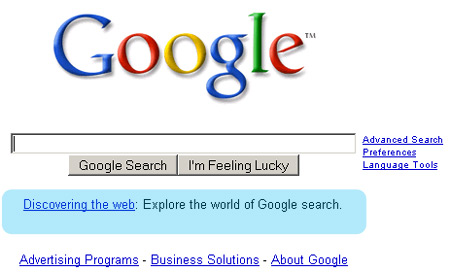As you'll see in a moment, the Outlook Social Connector is an accurately named offering. A post on the LinkedIn Blog explained that, with it, a user will be able to "[k]eep up with LinkedIn connections right from your email inbox." You can see a picture of what that'll look like below.

Then comes click-saver number two: the ability to email LinkedIn contacts straight from Outlook. The Outlook Social Connector will create an Outlook Contacts folder with all of their info, and automatically fill in "to" fields when users start to type out people's names.
Finally, while using Outlook, it'll become easier to forge new connections. The post suggested, "Just click a button next to any e-mail you receive and instantly send an invitation to connect to the e-mail's sender."
We'll admit: there may not be a huge market for this sort of thing. But in certain sectors (HR, PR, etc.), the Outlook Social Connector's tie-up with LinkedIn should come in handy, and will likely increase the profiles of both entities.

 There has been a lot of talk about the deal being bad for Yahoo and good for Microsoft. This may or may not be true, as it's really way too early to tell for sure, but Microsoft CEO Steve Ballmer has been doing his best to try to convince people (mainly Yahoo shareholders) that Yahoo is in fact getting a good deal.
There has been a lot of talk about the deal being bad for Yahoo and good for Microsoft. This may or may not be true, as it's really way too early to tell for sure, but Microsoft CEO Steve Ballmer has been doing his best to try to convince people (mainly Yahoo shareholders) that Yahoo is in fact getting a good deal.
